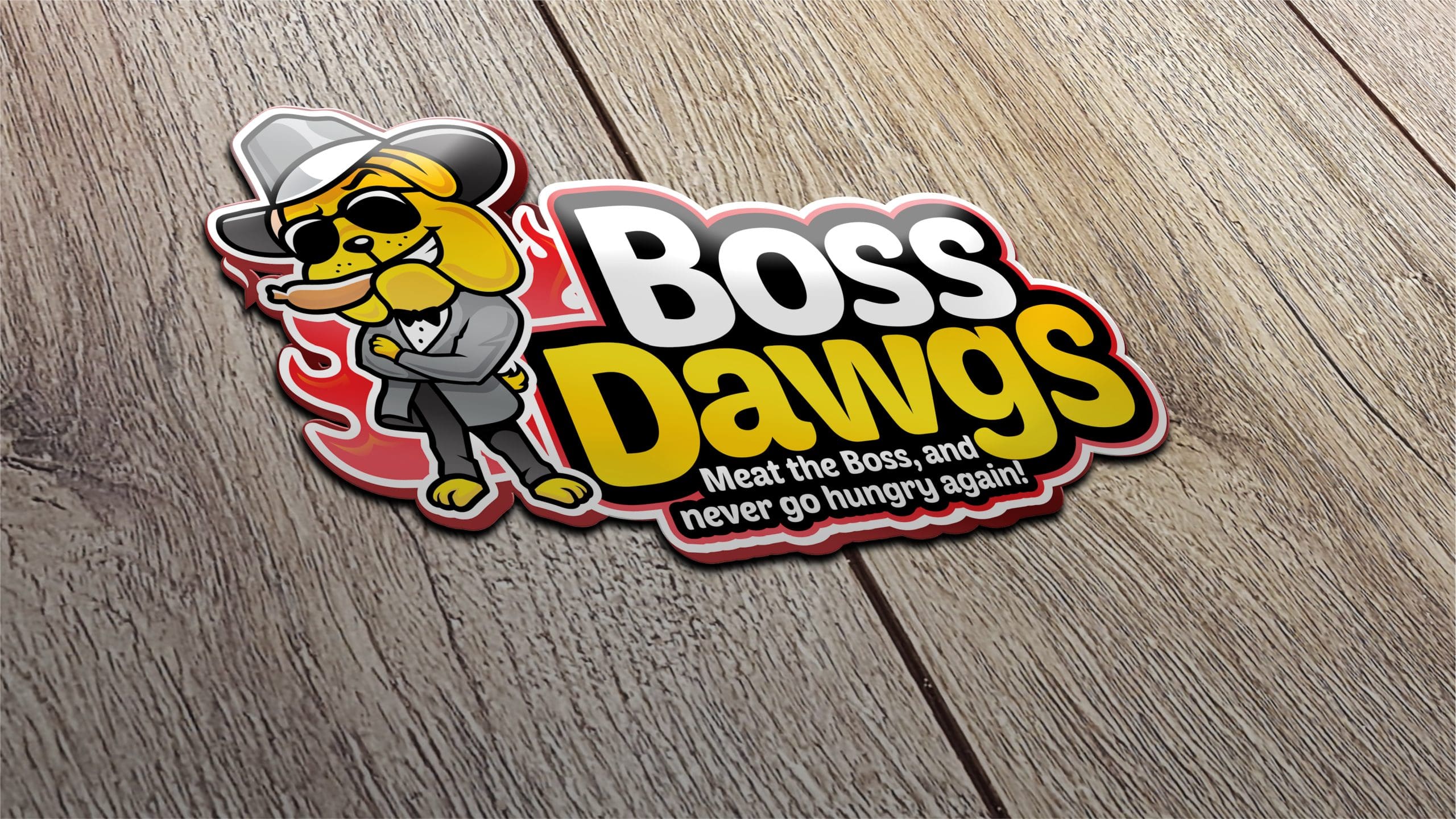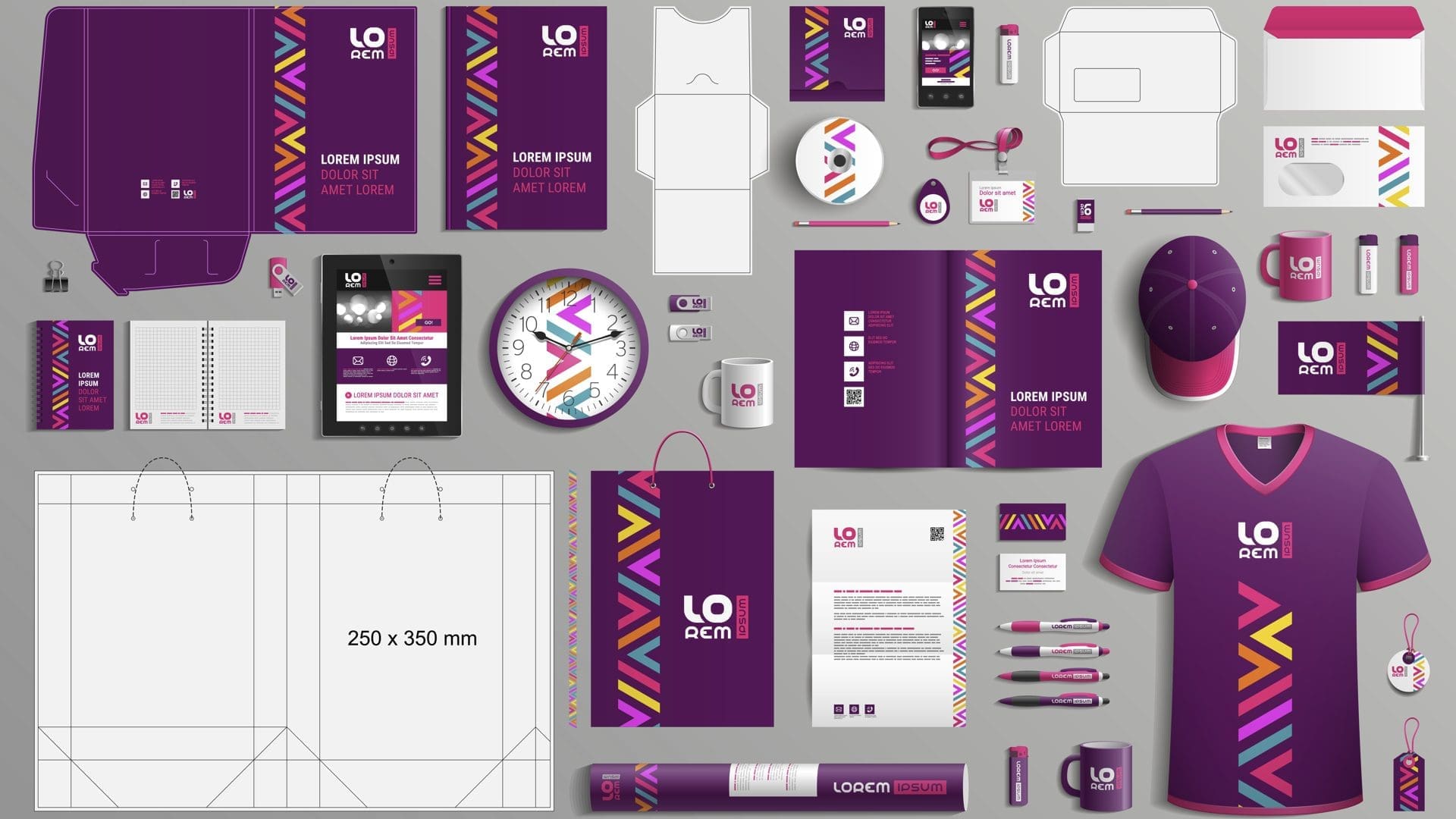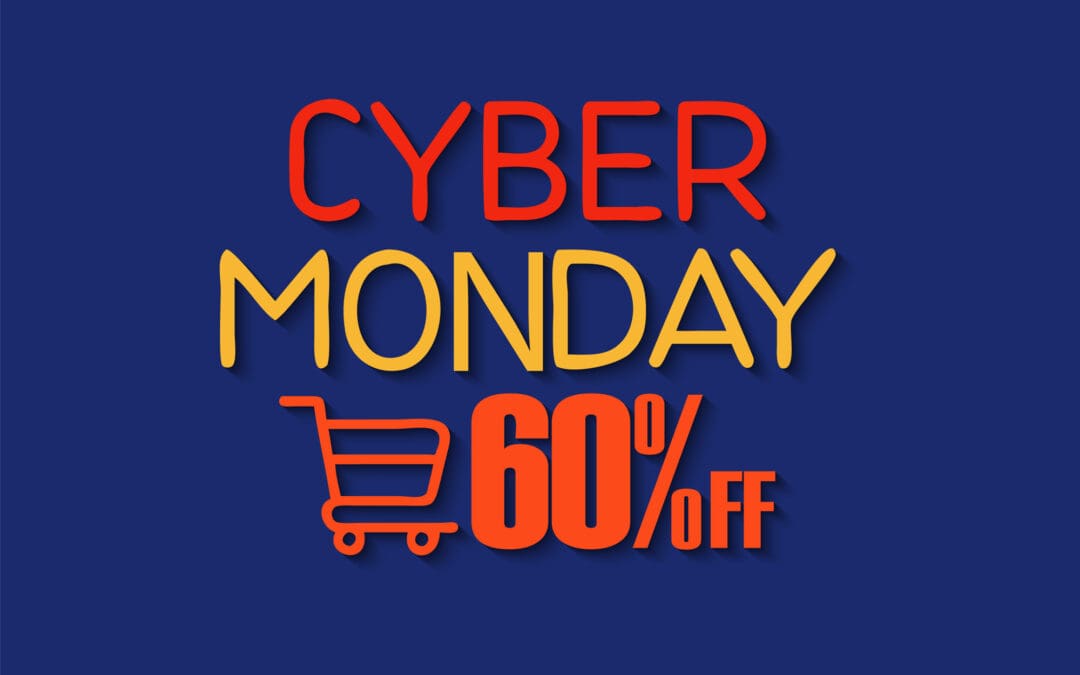In today’s competitive marketplace, it’s more important than ever for small businesses to establish a strong brand. Your brand is the unique identity of your business, and it differentiates you from your rivals. A strong brand can help you build trust with your target audience, generate customer loyalty, and boost your bottom line.
- But what exactly is branding?
- And how can you create a strong brand for your small business?
Keep reading to find out.
What is Branding?
Branding is much more than just a logo or tagline. It’s the sum total of everything your customers experience when they interact with your business—from your website and social media presence to the way you answer the phone and handle customer service inquiries. In short, branding is the promise you make to your customers about the quality and nature of your products or services.
Why Branding Matters for Small Businesses
As a small business owner, you might be thinking that branding isn’t all that important. After all, you’re not a big corporation with unlimited resources. But the truth is, even small businesses need to invest time and effort into creating a strong brand. Here’s why:
1. Branding can help you stand out from the competition
In today’s crowded marketplace, it can be hard to differentiate your business from the sea of other options out there. But a strong brand can help you cut through the noise and get noticed by potential customers. When your target audience is aware of your brand and what it represents, they’re more likely to choose your products or services over those of your competitors—even if those competitors are offering lower prices.
2. Branding can build trust with potential customers
People are bombarded with marketing messages on a daily basis, so it’s no wonder that they’re skeptical of most businesses—especially those they’re not familiar with. But when you have a strong brand identity, potential customers are more likely to trust your business because they know what to expect from you. A well-executed branding strategy instills confidence in potential buyers and helps them see you as a reputable source for the products or services they need.
3. Branding can boost sales and drive growth
A strong brand can also lead to increased sales and growth for your business. Think about it this way—when people are familiar with and loyal to your brand, they’re more likely to buy from you again and again (and recommend your products or services to their friends). That repeat business is essential for any small business looking to survive and thrive in today’s competitive marketplace.
4. Branding can help attract top talent
As a small business owner, one of your biggest challenges is attracting high-quality employees—after all, top talent has their pick of employers these days. But having a strong brand can give you an edge when competing for top talent against bigger businesses. A recognizable brand indicates that you’re a successful and stable company that offers good career prospects—exactly the kind of employer top talent is looking for.
5. Branding helps people remember you
In a world where there are seemingly endless choices for everything, it can be hard to make your business top-of-mind for potential customers. But if you have a strong brand identity, people are more likely to remember you when they need the products or services you offer. A distinctive logo, catchy tagline, and well-designed website are all important components of a strong brand that will help potential customers remember you and your business.
6. Branding can increase the value of your business
A strong brand can also make your business more valuable—both to potential buyers and to investors. If you ever decide to sell your business or bring on outside investors, a well-established brand can make your business much more attractive to potential buyers. And even if you’re not looking to sell anytime soon, a strong brand can still increase the value of your business by making it more recognizable and reputable.
Brand Strategy: Branding for Small Businesses
Now that you know why branding is important for smaller companies we should talk about how you can set yourself up for success. There are a few key things you can do to help develop your brand identity.
1. Develop a visual identity
Your visual identity is how your brand will be represented visually. This includes everything from your logo to the color palette you use on your website and marketing materials. Keep in mind that your visual identity should be consistent across all platforms. That way, people will begin to recognize and remember your brand easily.
Your logo is the foundation
Your logo is going to be one of the first things that people see when they encounter your brand, so it’s important to make sure that it reflects the feeling that you want your brand to evoke. If you want your brand to be seen as friendly and approachable, then your logo should be simple and easy to understand. But if you want your brand to be seen as luxurious and high-end, then your logo should be more intricate and detailed.
Pro tip: Write a list of all the places you think you will ever put your logo design. Reference this list when working through the design process. A highly detailed logo may look great on a shirt but less attractive on items like pens and promotional items.
Colors can tell a story
The colors that you use in your branding will also play a role in how people perceive your brand. For example, if you use a lot of warm colors like yellow and orange, people will perceive your brand as being friendly and happy. But if you use a lot of cool colors like blue and green, people will perceive your brand as being more calming and relaxing.
You can read more on color therapy in this article.
Pick the right Fonts
The fonts that you use in your branding can also say a lot about your company. For example, if you use a lot of sans-serif fonts, people will perceive your brand as being modern and minimalistic. But if you use a lot of serif fonts, people will perceive your brand as being traditional and classic.
2. Write compelling copy
The words you use to describe your brand are just as important as the visuals. Your copy should be clear, concise, and persuasive. It should also be consistent with the overall tone and messaging of your brand.
Compelling copy is one of the most important aspects of effective branding, so don’t skimp on this step! Take the time to write (or hire someone to write) copy that accurately reflects who you are as a brand.
3. Get social
These days, social media is a powerful tool that can help you reach new audiences and build relationships with potential and current customers alike. Make sure you’re active on the social media platforms that make the most sense for your business. And remember to keep your social media presence consistent with the rest of your branding efforts!
Posting random or irrelevant content will only confuse people and make them less likely to engage with your brand. Stick to posting content that is on-brand and relevant to your audience for the best results.
Conclusion: Small Business Branding
As a small business owner, it’s important to understand the role that branding plays in success. Your brand is much more than just a logo or tagline; it’s the sum total of everything your customers experience when they interact with your business—from start to finish. Creating a strong brand can help you stand out from the competition, build trust with potential customers, increase sales, and attract top talent—all of which are essential for any small business looking to survive and thrive in today’s competitive marketplace. So what are you waiting for? Start working on building a strong brand identity for your small business today!












